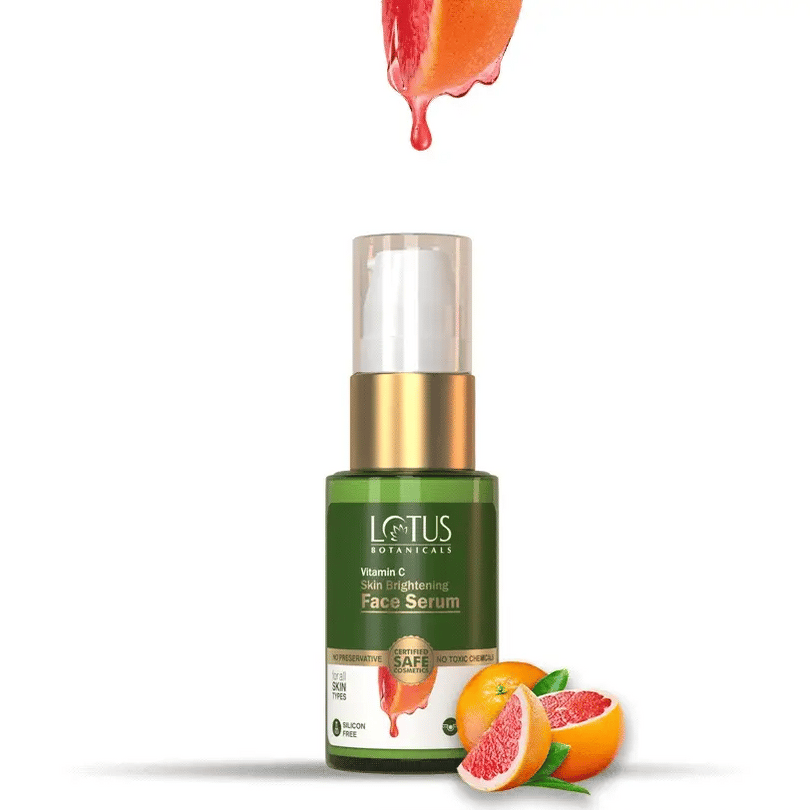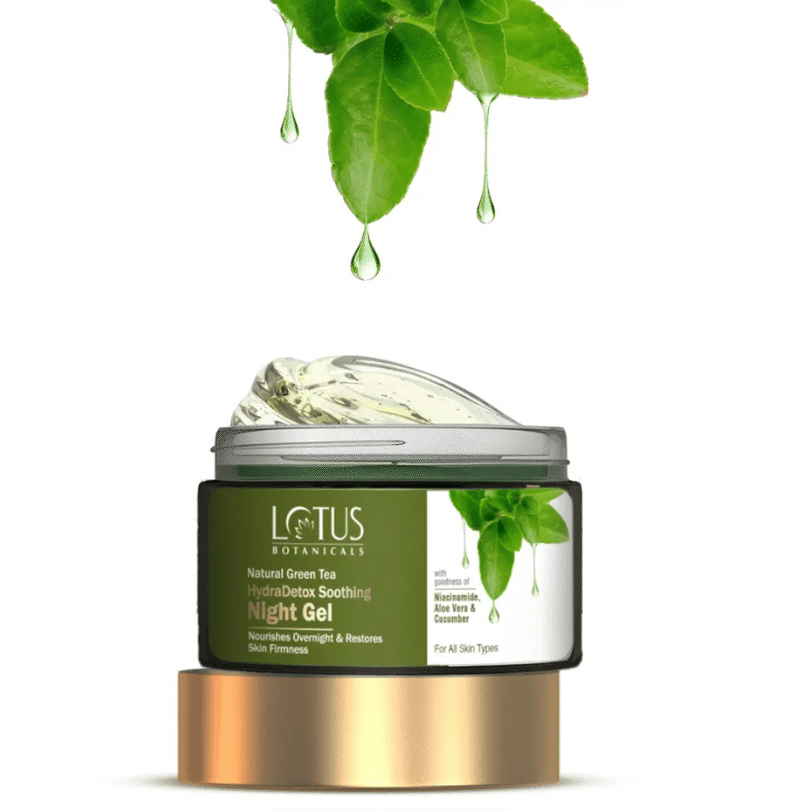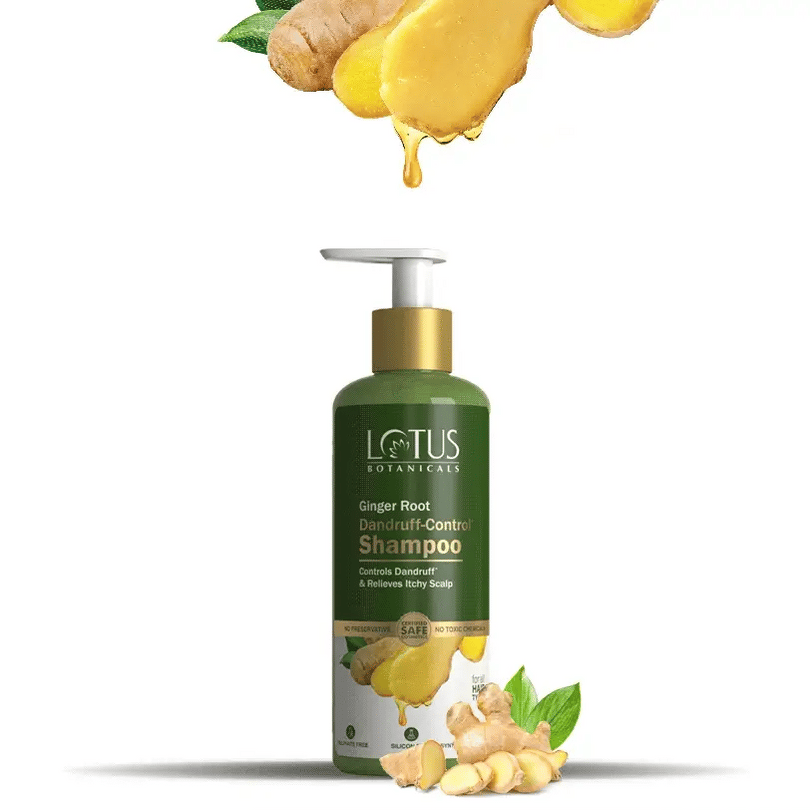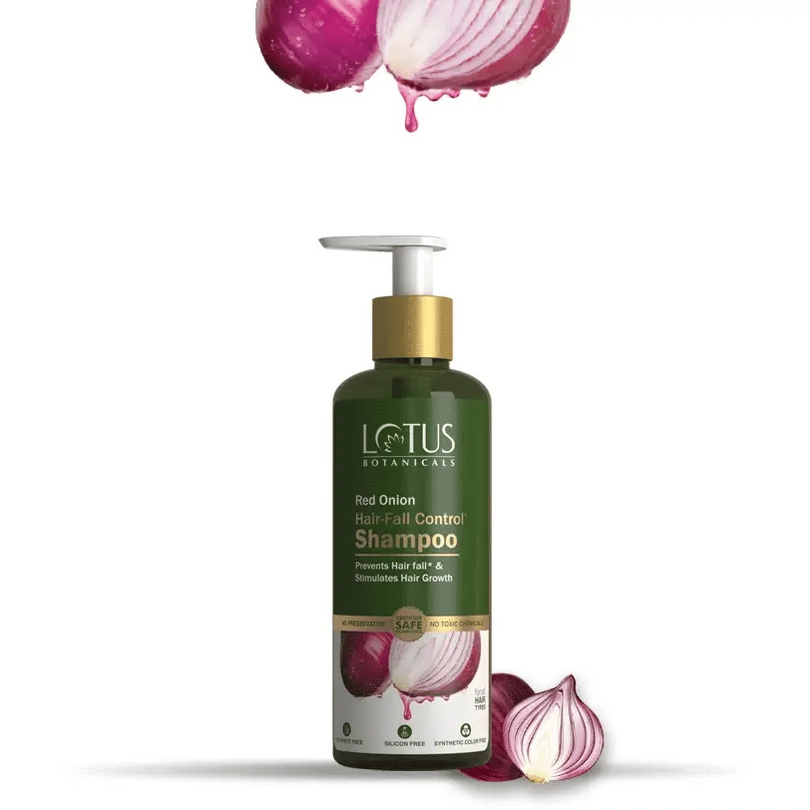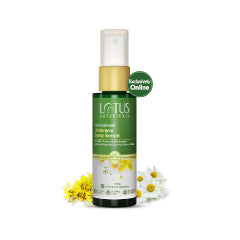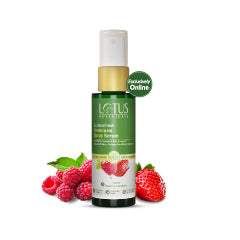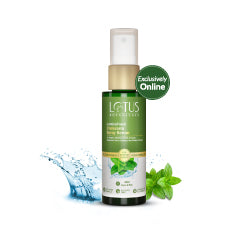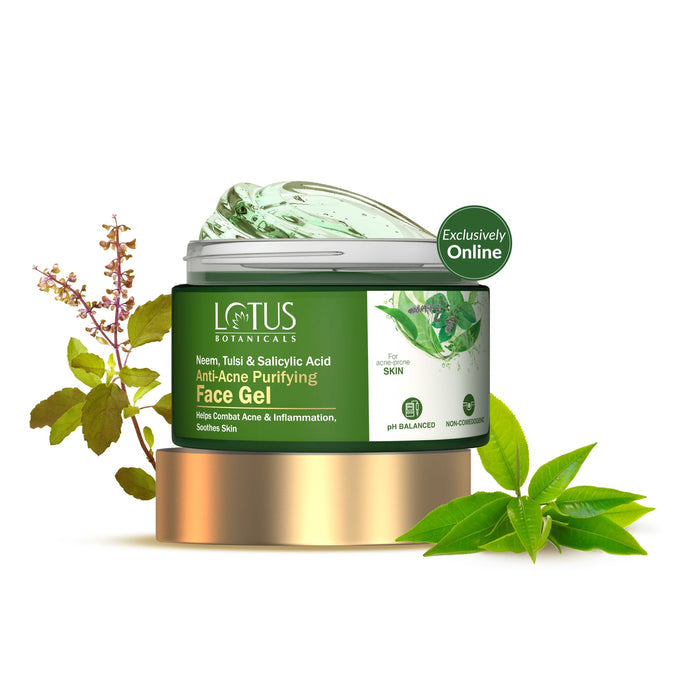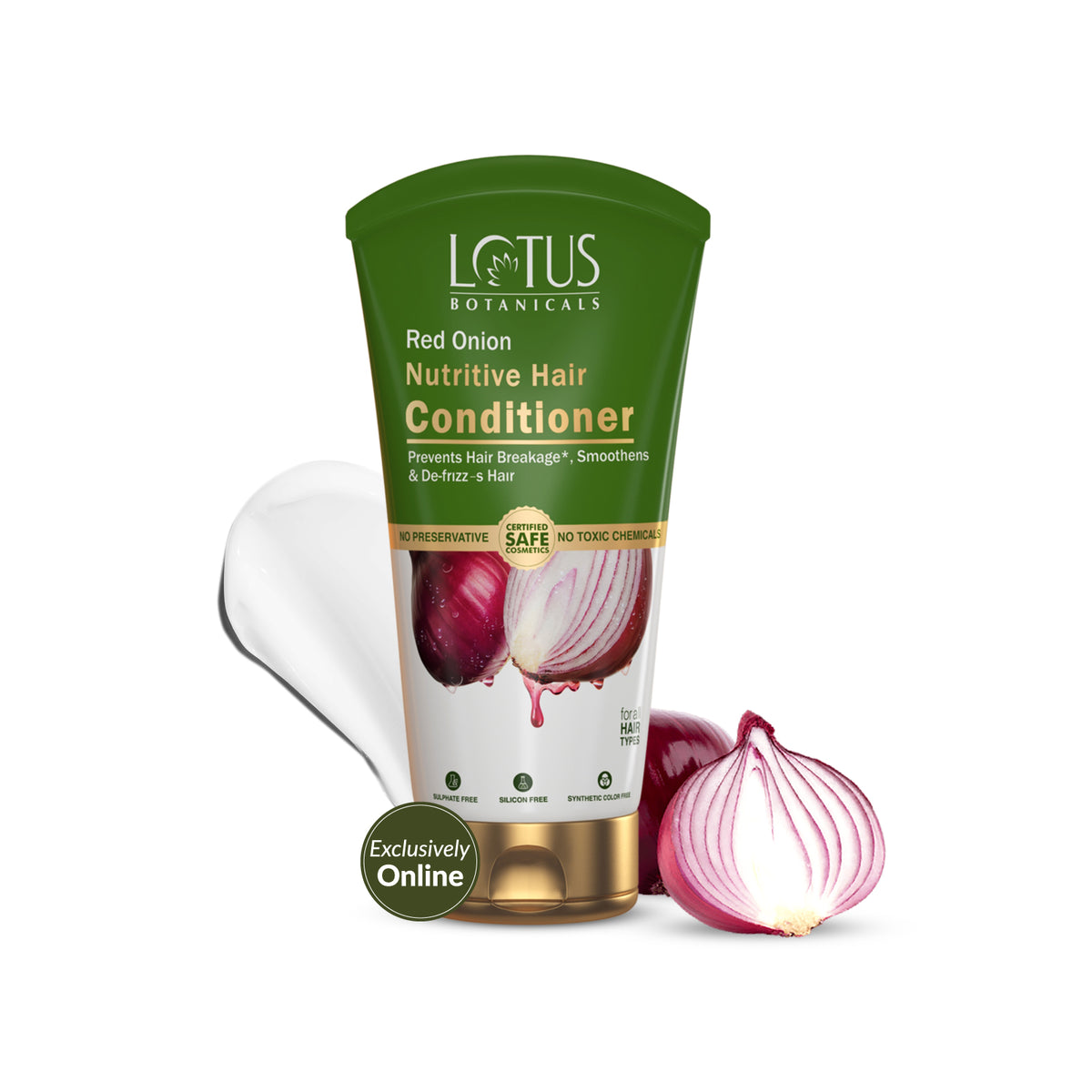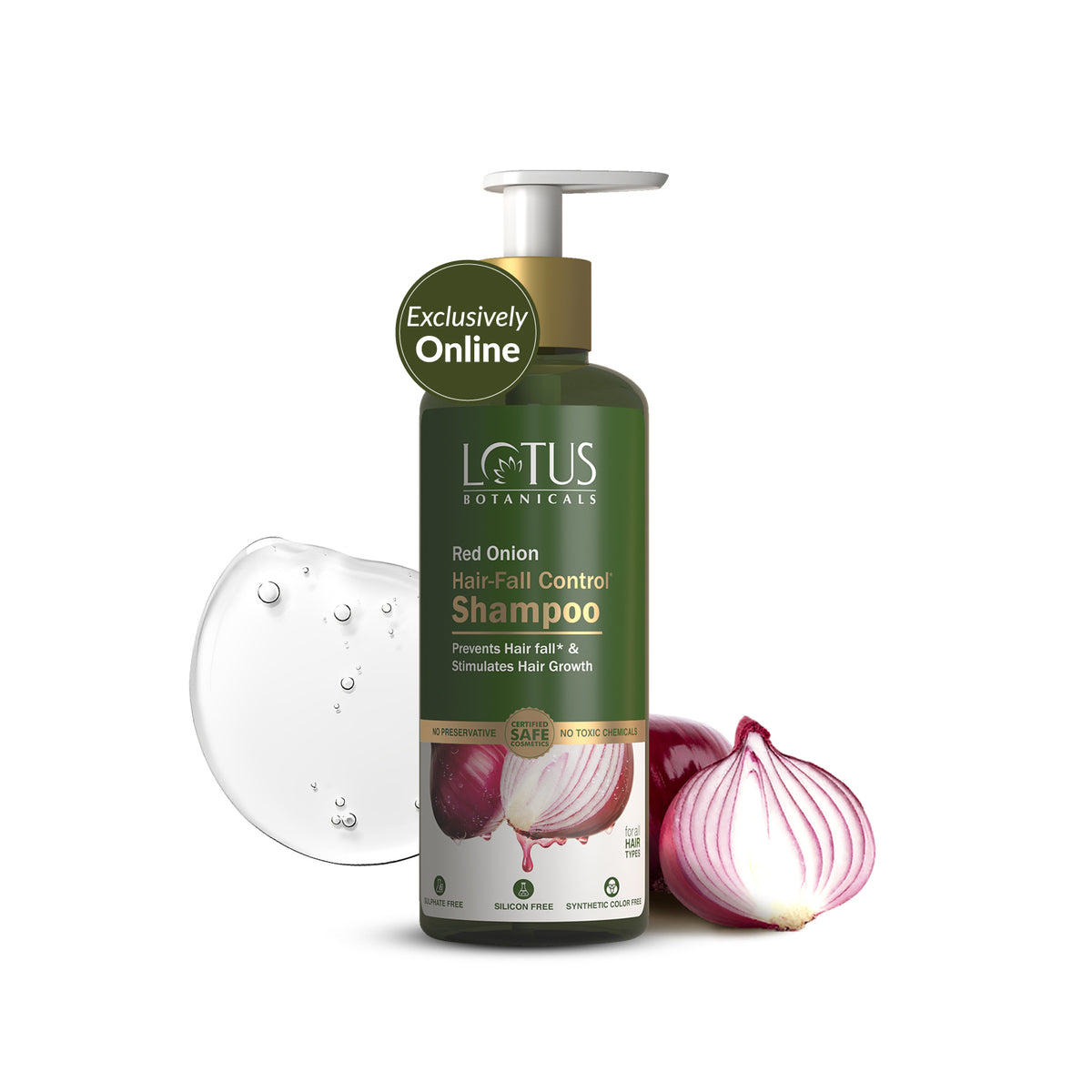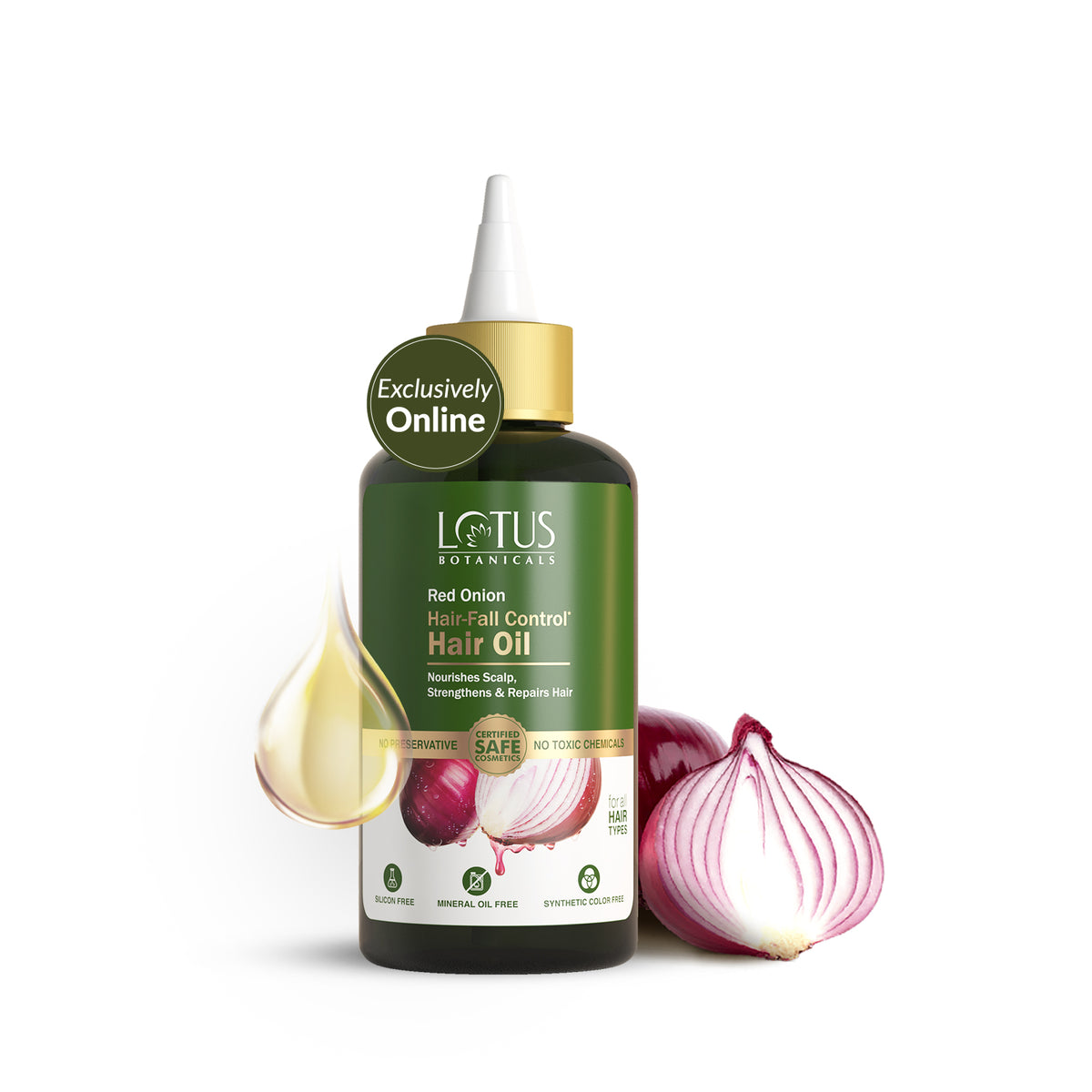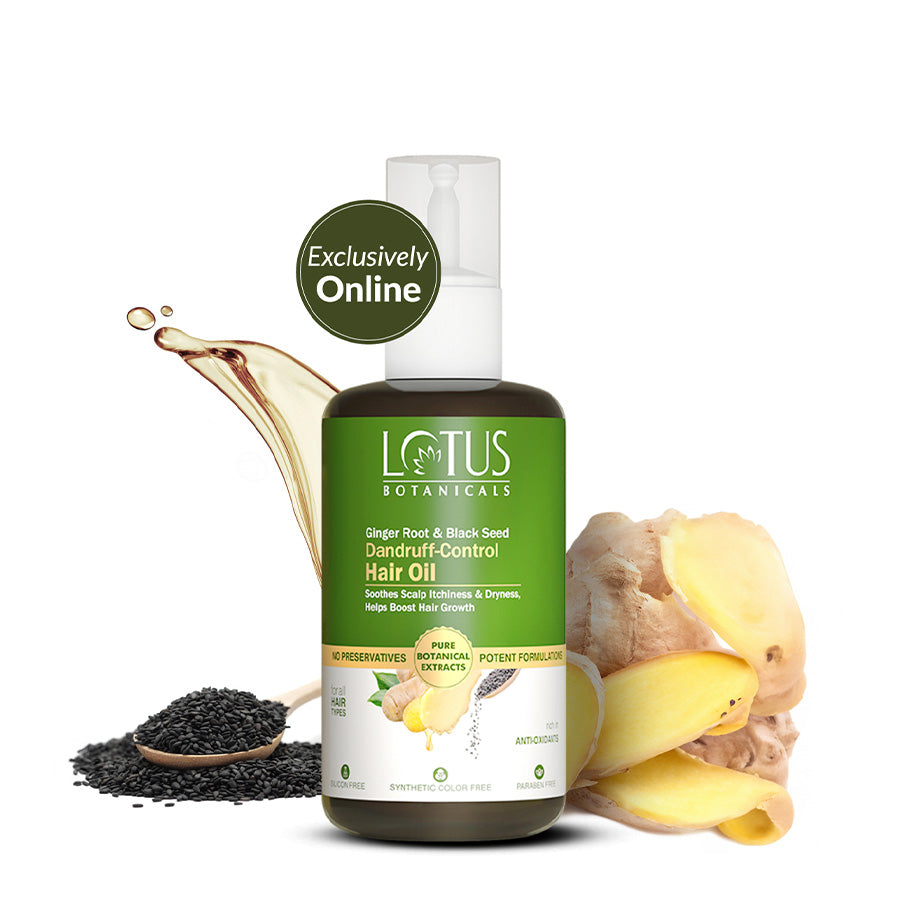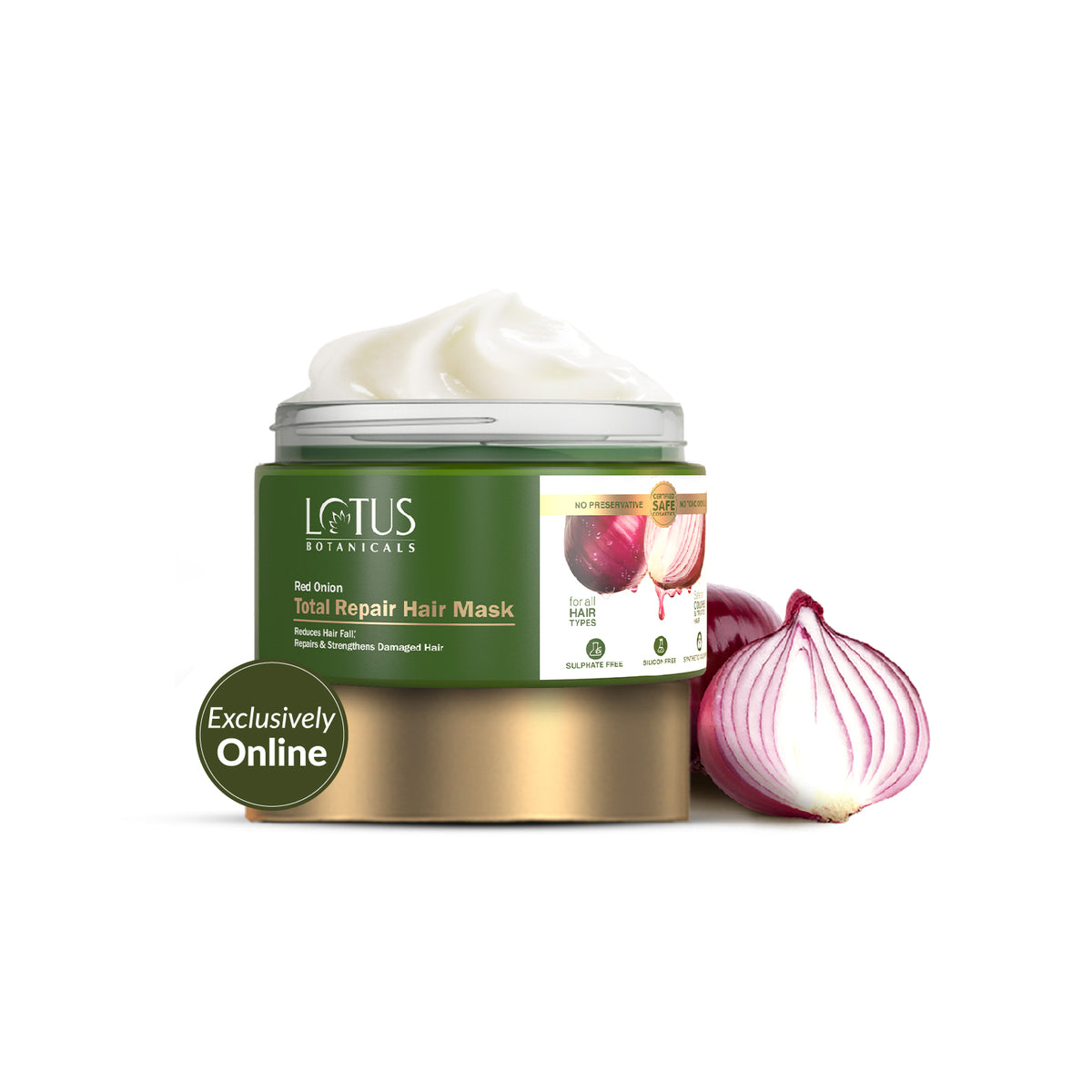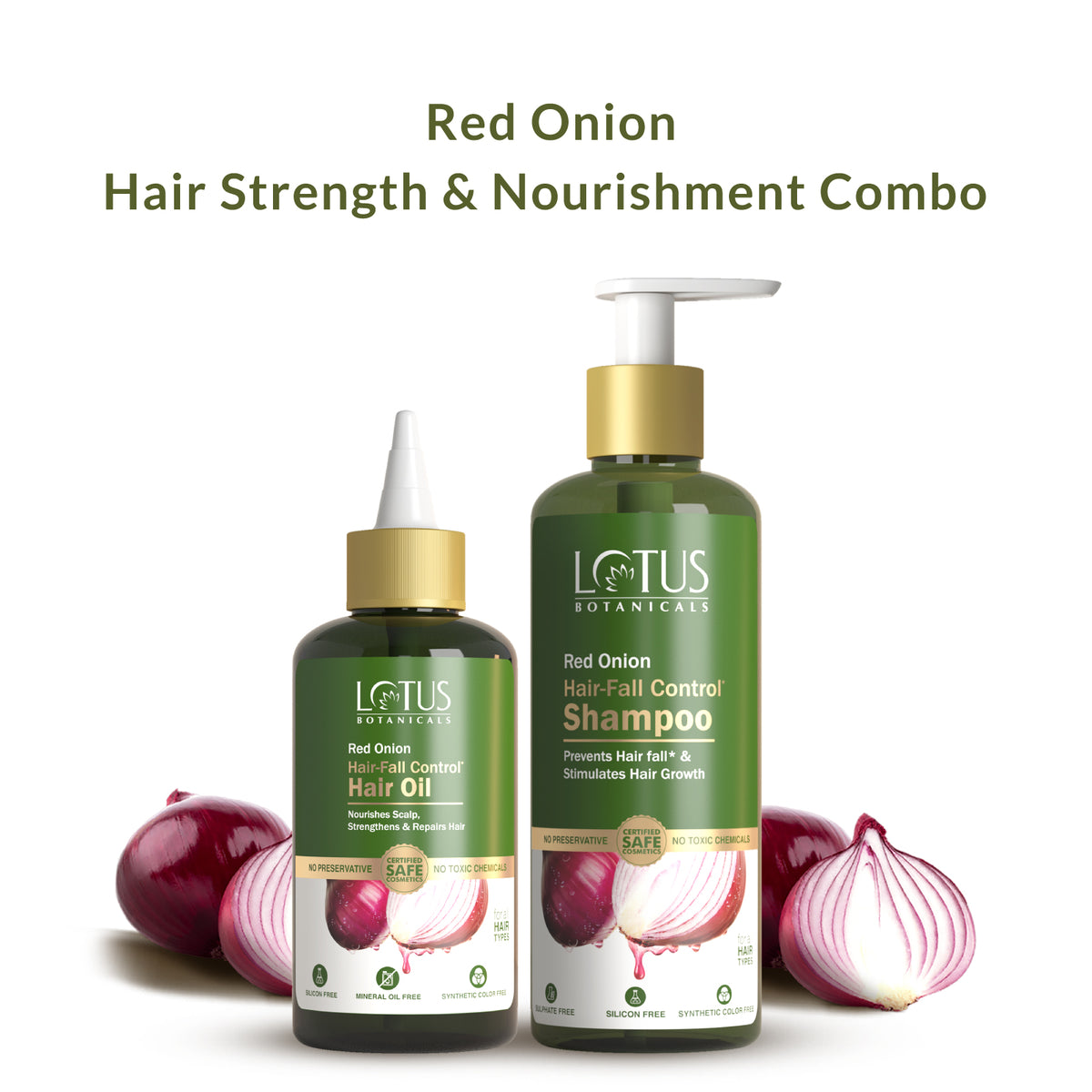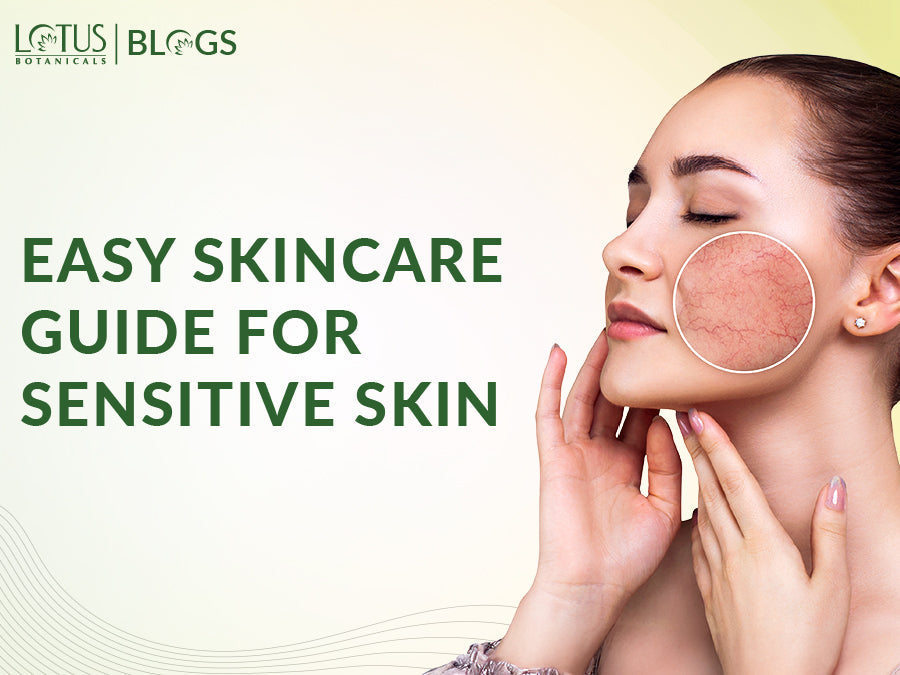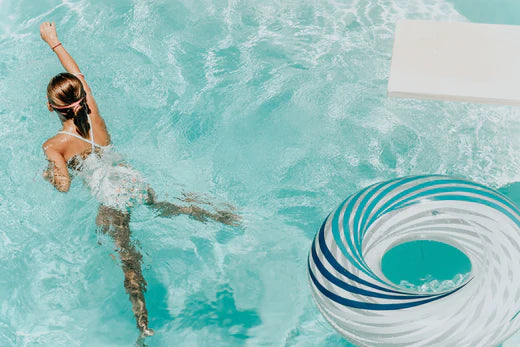
Highlights
-
How can I fix chlorine-damaged hair?

Swimming is an enjoyable and relaxing activity to do on hot summer days. But sometimes it can wreak havoc on your hair. Hair can become dry, brittle, and more prone to breakage when exposed to chlorine and salt water. It is crucial to take precautions to prevent harmful toxins from harming your hair if you are a frequent swimmer.
If you want your hair to look great all summer long, even after many trips to the pool, read on for some helpful swimming haircare recommendations. These tips can help you maintain your hair look amazing even after hours in the pool, whether you are a professional swimmer or just a casual swimmer. So, let's dive in and learn how to protect your hair from pool water chemical damage.
How Chlorine and Salt Water Damage Hair
Before we learn how to protect hair from chlorine and salt water damage, we should first discuss how it damages hair. Both these compounds can damage hair by altering its chemical structure and stripping away its natural oils.
Chlorine is a strong oxidizing agent that can react with the proteins in hair, causing them to become brittle and dry. The resulting chlorine-protein complex can lead to discoloration and weakening of the hair. Salt water, on the other hand, contains high levels of salt (sodium chloride) that can draw moisture out of the hair, leaving it dehydrated and prone to breakage.
The loss of water from the hair shaft can also lead to a change in the hair's shape and texture, making it more difficult to manage. Overall, Chemicals in the pool water can have damaging effects on hair, leading to dryness, brittleness, and breakage. It's important to take steps to protect hair from these chemicals to maintain healthy, beautiful locks.
Pre-Swim Preparation
Pre-Swim preparation refers to the steps you can take before entering a pool or any body of water to protect your hair. These steps typically include rinsing hair with clean water, applying a leave-in conditioner, and wearing a swim cap. Pre-Swim preparation can help to create a barrier between your hair and the chemicals in the water, reducing the risk of damage and keeping your hair looking healthy and beautiful. Here are some tips to prepare your hair before getting into the water:
Rinse hair with clean water:
Wetting your hair with clean water before swimming is an effective pre-swim haircare tip that can help minimize the amount of chlorine or saltwater that your hair absorbs. When you wet your hair with clean water, it becomes saturated with non chlorinated or non-salt water.
This saturation creates a barrier between your hair and the pool or ocean water, reducing the amount of chlorine or saltwater that your hair can absorb. This pre-swim step also helps prevent your hair from becoming dehydrated and brittle, which can lead to breakage and split ends.
Apply a leave-in conditioner:
Applying a leave-in conditioner before swimming can be an effective way to protect your hair from the damaging effects of chlorine or saltwater. The leave-in conditioner works by creating a barrier on the surface of your hair, preventing the harsh chemicals from penetrating the hair shaft. By doing so, the conditioner helps to keep your hair moisturized and healthy, reducing the risk of breakage or split ends.
If you don't have a leave-in conditioner, you can use any regular conditioner such as Red Onion Nutritive Hair Conditioner. This conditioner is enriched with 100% Natural Red Onion Extract which can nourish and strengthen your hair.
It's best to apply the conditioner evenly throughout your hair, paying extra attention to the ends, which are more susceptible to damage. By using a leave-in conditioner, you can give your hair an extra layer of protection while swimming.
Wear a swim cap:
Wearing a swim cap is an effective way to protect your hair from chlorine and saltwater damage. Swim caps act as a barrier, preventing the chemicals from penetrating your hair shaft. It's important to choose a swim cap that fits snugly but isn't too tight, as a tight-fitting swim cap can cause hair breakage.
Make sure the swim cap covers all of your hair, including the hairline and ears. Additionally, swim caps are available in a variety of materials, including silicone, latex, and Lycra, so choose one that is comfortable and suitable for your needs.
Post-Swim Haircare
After a refreshing swim, your hair may feel dry and brittle due to the exposure to chlorine or saltwater. Therefore, it's crucial to give your hair some extra love and care to prevent further damage. Post-swim haircare is important as chemicals in pool water can strip the hair of its natural oils, leaving it dry, brittle, and prone to breakage. Here are some post-swim haircare tips:
Rinse with clean water:
After swimming, it's essential to rinse your hair with clean water to remove any chlorine or saltwater residue. This can strip your hair of its natural oils, leading to dryness and breakage. Rinsing with lukewarm water can help remove the chemicals and reduce any damage. It's important to note that shampooing immediately after swimming may strip your hair of its natural oils, leading to further dryness. Therefore, it's best to rinse with clean water and then shampoo later as needed.
Use a clarifying shampoo:
Using a clarifying shampoo is essential after swimming to remove any chlorine or saltwater buildup in your hair.
Clarifying shampoos contain ingredients that effectively cleanse your hair of any impurities and restore its natural pH balance.
However, they can be drying, so it's important not to use them too often. Once a week or as needed is sufficient. Make sure to massage the shampoo into your scalp and hair, and rinse thoroughly with lukewarm water. This will leave your hair feeling fresh, clean, and ready for the next swim.
Apply a deep conditioning treatment:
Applying a deep conditioning treatment is crucial for replenishing your hair's moisture after exposure to chlorine or saltwater.
You can use a store-bought Red Onion Total Repair Hair Mask or create your own by mixing essential oil with coconut or avocado oil. Apply the treatment to your hair, focusing on the ends, and leave it on for 10-15 minutes.
Afterward, rinse it off thoroughly with lukewarm water. A deep conditioning treatment can help restore your hair's natural shine and prevent breakage. Use it at least once a week or as needed, depending on your hair's needs.
Red Onion Nutritive Hair Conditioner
Helps Prevents Hair-fall | Helps Reduce Frizziness | Nourishes Hair
Red Onion Hair-Fall Control* Shampoo
Helps Prevent Hair Fall | Helps Promote Hair Growth | Strengthens Hair

Use a wide-tooth comb:
Using a wide-tooth comb is an essential step in post-swim haircare. Wet hair is more prone to breakage, so it's important to use a gentle tool to detangle it. A wide-tooth comb is ideal as it minimizes hair breakage and prevents any tugging or pulling. Start by combing your hair from the ends and working your way up to the roots. This way, you can remove any tangles without causing further damage. Additionally, avoid using a brush on wet hair as it can cause even more breakage.
Additional Tips
Now that we have covered the essential pre- and post-swim haircare tips, let's take a closer look at some additional measures you can take to protect your hair from chlorine and saltwater damage.
Limit exposure to chlorinated or saltwater.
Limiting your exposure to chlorinated or saltwater is an important way to protect your hair from damage. The longer your hair is exposed to these chemicals, the more likely it is to suffer from dryness, brittleness, and breakage. Here are some ways to limit your exposure:
- Take breaks: If you plan to swim for an extended period, take breaks in between to give your hair a chance to rest. Step out of the pool or ocean and give your hair a rinse with clean water.
- Swim in fresh water: If possible, swim in fresh water like lakes, rivers, or streams, which are less likely to contain chlorine or salt.
- Avoid hot tubs: Hot tubs are often heavily chlorinated, which can be particularly damaging to your hair. If you do decide to use a hot tub, wear a swim cap and rinse your hair with clean water immediately after.
- Use a swim cap: Wearing a swim cap can help protect your hair from chlorine and saltwater. Look for a cap made from silicone, which is more durable and less likely to snag or tear your hair.
By taking these steps, you can limit your exposure to chlorine and saltwater, helping to keep your hair healthy and beautiful.
Protect hair with natural oils
Natural oils help protect hair from chlorine and salt water. Natural oils prevent these chemicals from penetrating the hair shaft, which can cause dryness, brittleness, and breaking.
Here are some natural oils that protect hair against chlorine and saltwater:
- Coconut oil: This oil is rich in fatty acids that can penetrate the hair shaft, providing nourishment and protection. Apply a small amount of coconut oil to your hair before swimming to create a barrier against chlorine and saltwater.
Red Onion Hair-Fall Control Hair Oil
Helps Control Hair Fall | Helps Prevents Split-ends | Helps Repair Dull & Damaged Hair
Ginger Root & Black Seed Dandruff Control Hair Oil
Prevents Dandruff & Itchiness | Strenghten Hair Follicles | Increases Hair Volume

- Olive oil: Olive oil is another natural oil that can help protect hair from the damaging effects of chlorine and salt water. Apply a small amount of olive oil to your hair before swimming to create a protective barrier.
- Argan oil: Argan oil is a highly moisturizing oil that can help protect hair from the drying effects of chlorine and salt water. Apply a small amount of argan oil to your hair before swimming to help keep it moisturized and protected.
These natural oils also improve shine, reduce frizz, and promote hair development while protecting your hair from chlorine and salt water. When you go to the pool or beach, use a natural oil to preserve your hair.
Consider using a swimming-specific hair product
There are many hair products available specifically designed to protect hair from the damaging effects of chlorine and saltwater. These products typically contain ingredients like keratin, panthenol, or argan oil, which can help strengthen and moisturize hair. Some examples of swimming-specific hair products include shampoos, conditioners, and leave-in treatments.
It's important to note that not all hair products are created equal, so be sure to choose products that are specifically formulated for swimmers. These products can help minimize the damage caused by chlorine and saltwater, leaving your hair looking and feeling healthy and shiny.
How can I fix chlorine-damaged hair?
Chlorine can be very damaging to hair, leaving it dry, brittle, and prone to breakage. Fortunately, there are several natural products that you can use to help reverse the damage caused by chlorine. Here are some tips on how to fix chlorine-damaged hair using natural products:
- Coconut oil: Coconut oil is a great natural remedy for damaged hair. It can help moisturize and nourish your hair, as well as repair any damage caused by chlorine. Apply coconut oil to your hair and leave it on for 30 minutes to an hour before washing it out.
- Apple cider vinegar: Apple cider vinegar is another excellent natural remedy for chlorine-damaged hair. It can help restore the pH balance of your scalp and hair, as well as remove any build-up from chlorine. Mix one part apple cider vinegar with three parts water and apply it to your hair. Leave it on for a few minutes before rinsing it out.
- Aloe vera: Aloe vera is known for its soothing and healing properties. It can help restore moisture to your hair and promote healthy hair growth. Apply aloe vera gel to your hair and leave it on for 15-20 minutes before washing it out.
- Honey: Honey is a natural humectant, which means it can help moisturize and hydrate your hair. It also contains antioxidants that can help repair damage caused by chlorine. Mix one tablespoon of honey with one cup of water and apply it to your hair. Leave it on for 30 minutes before washing it out.
By using these natural products, you can help reverse the damage caused by chlorine and restore your hair's health and vitality. Be sure to also practice good hair care habits, such as rinsing your hair before and after swimming and using a clarifying shampoo to remove any chlorine build-up.
Conclusion
Protecting your hair from chlorine and salt water damage is essential for maintaining healthy, beautiful hair all season long. By following the swimming haircare tips outlined in this article, you can help prevent damage caused by these chemicals and keep your hair looking its best. Remember to rinse your hair before and after swimming, use a clarifying shampoo, and apply a deep conditioning treatment.
Additionally, consider using natural oils and swimming-specific hair products to provide extra protection. If you are looking for high-quality, natural hair care products, be sure to check out the selection available at lotusbotanicals.com. By implementing these tips and investing in quality hair care products, you can enjoy swimming while keeping your hair healthy and strong.
Red Onion Total Repair Hair Mask
Helps Prevent Hair-fall | Helps Promote Hair Growth | Healthy and Nourished Hair
Highlights
-
How can I fix chlorine-damaged hair?







